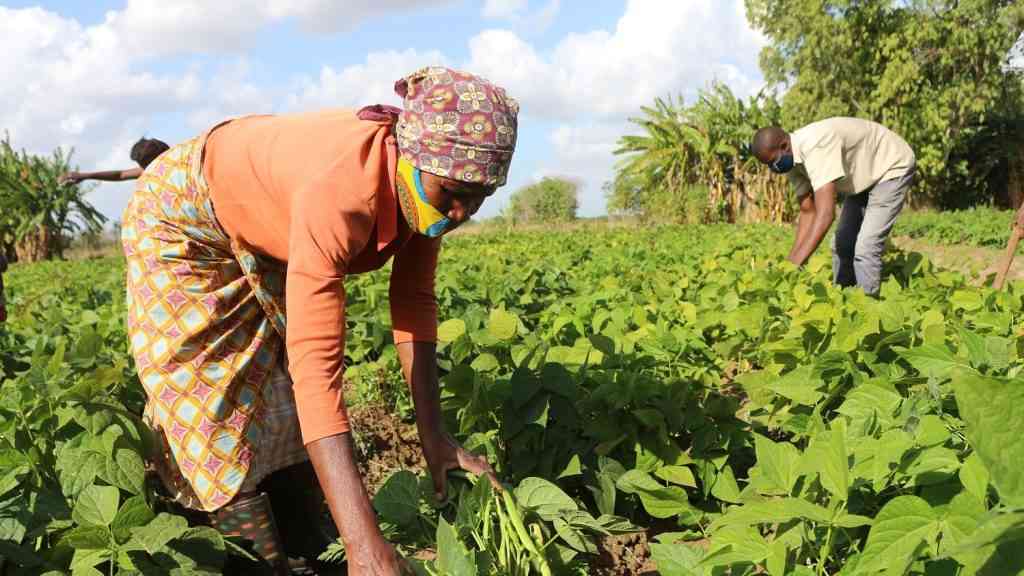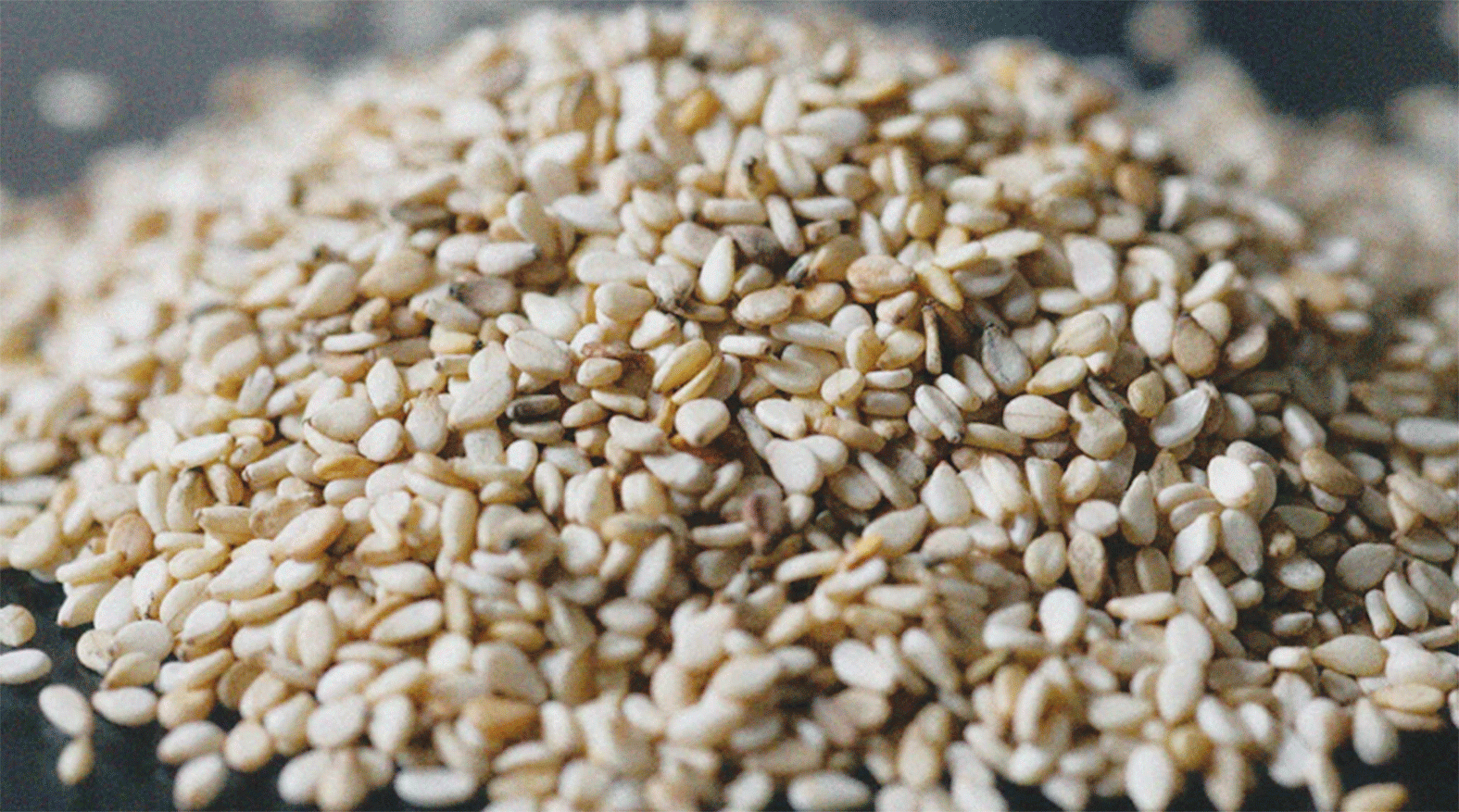
SMALLHOLDER farmers are the majority worldwide and need to be at the heart of information dissemination to build resilience and contribute to household and national food security.
Unfortunately, they are left out through technology, status, language, lack of moral reasoning, failure to be on the wishlist, among others.
As global nations converge in the United Arab Emirates for this year’s COP28, calls are being made to invest more in farming methods that contribute to global food security.
In this regard, the ability of nations to attain food security status is not based on methodologies alone, without putting smallholder farmers at the core of climate knowledge and information services.
The broad network of climate information services saves lives, increases food security, enhances climate knowledge and literacy in the framework of climate justice and equity.
At the heart of climate information services and dissemination should be inclusion using relevant communication tools, media and medium, with the aim to communicate at all levels.
Investing in communication at all levels of information dissemination is vital in bridging the gap between science, indigenous knowledge systems, policy framework and the smallholder farmer as an important beneficiary or stakeholder. The role of a small-scale farmer is instrumental and transformative in that it cannot be simply wished away or deliberately undervalued.
The first point of smallholder farmers exclusion is Dubai; they are not even there, but they need to participate in food production and improved farming.
- Out & about: Bright sheds light on Vic Falls Carnival
- Out & about: Bright sheds light on Vic Falls Carnival
- COP26 a washout? Don’t lose hope – here’s why
- COP26 a washout? Don’t lose hope – here’s why
Keep Reading
They are used to being lectured, commandeered into farming, manipulated without proactive consultations and networking.
The smallholder farmers are part of a broad network of vulnerable communities who are starved of context-specific climate information services in the medium they can relate with, the medium that can resonate with their experiences and appeal to their individual, group or community circumstances.
The smallholder farmer is at the forefront of negative impacts of climate change, disaster risks, droughts, extreme weather events, thereby condemning them to a vicious cycle of poverty. Food security is key in managing poverty, hunger, health well-being, famine and climate injustices globally.
That is when climate information services are vital in, enhancing smallholder farmers’ participation in food security through proper implementation of early warning systems.
In this view, climate information services are designed to build resilience at household, community and national levels, to finish poverty because any method that cannot finish poverty would finish the poor themselves.
In many cases and situations, people blame the complexity of scientific language in excluding most smallholder farmers without also considering regular and up to date climate information service and data, for them to move with time.
Some of these livelihood key issues and sustainability, we hear them mostly during the times COPs before being forgotten, discarded and abandoned, only to be retrieved when it matters most.
Lack of consistency and excluding the smallholder farmers as utmost beneficiaries undermines the hallmark of climate information services. It is not always climate information services disseminated anyhow but it is the quality and currency of the data which is instrumental.
While some climate information services are always long-lasting, some of the data may have been overtaken by events, thereby providing stakeholders with false, unreliable or stale data. Therefore, climate information services are not supposed to misinform, leading to maladaptation.
The success of climate information services, co-benefits is hinged on research, engagement and action on the ground, not only in the media, although a multimedia approach would be transformative and integrated with social and cultural institutions.
We are in the era of a climate crisis; climate emergency and climate action are prerequisites.
Although climate impacts are not selective, early warning systems need to be context-specific to mainstream technology.
Smallholder farmers need climate information services for decision-making, making informed choices, building resilience and improving their livelihoods.
This information will also contribute to preparedness for the El Niño phenomenon hovering over the Global South communities, which include the Sub-Saharan Africa and our own southern Africa.
Above all, climate information services are geared towards providing opportunities for adaptation to the impacts of climate change. Adaptation is important in assisting communities in reducing disaster risks, protecting lives, property, crops, livestock and infrastructure.
Climate-induced El Niño, has a highly disruptive effect through drought, flooding, extreme heat and culminates in economic hardships, food insecurity and starvation. For nations to successfully build resilience, they need to understand what resilience is about for different people and for different levels.
The climate-induced El Niño phenomenon and lack of early warning systems regular updates and improved data, will incapacitate small-holder farming communities in developing countries.
Climate information services need to be delivered, communicated and understood in pathways relevant to specific communities.
Climate information services are not relevant in the absence of sustainable development goals (SDGs) which call for urgent climate action like SDG1 (no poverty), SDG2 (no hunger), SDG3 (good health and well-being), SDG5 (gender equality), SDG10 (reduced inequalities), all integrated and under the banner of SDG13 (climate action).
While agriculture is the mainstay of the Zimbabwean economy, food security and climate adaptation remain key to the survival of communities.
Since according to the Food and Agricultural Organisation about 70% of the country’s food production is rain-fed, efforts must be invested in irrigation and mechanisation, including access to regular and accurate climate information services.
If there is any capacitation required, it should be significant and transformative, not to leave vulnerable communities because they need the information most, they are at the periphery and marginal environments hence they are at the frontline of disasters, hazards and climate risks.
It is, therefore, important for the country to invest in robust communication tools and pathways to understand, produce and communicate climate information services that will change lives and transform situations, build resilience and cushion itself from climate shocks and risks. Above all, lives need to be safeguarded by ensuring the availability of livelihood options.










